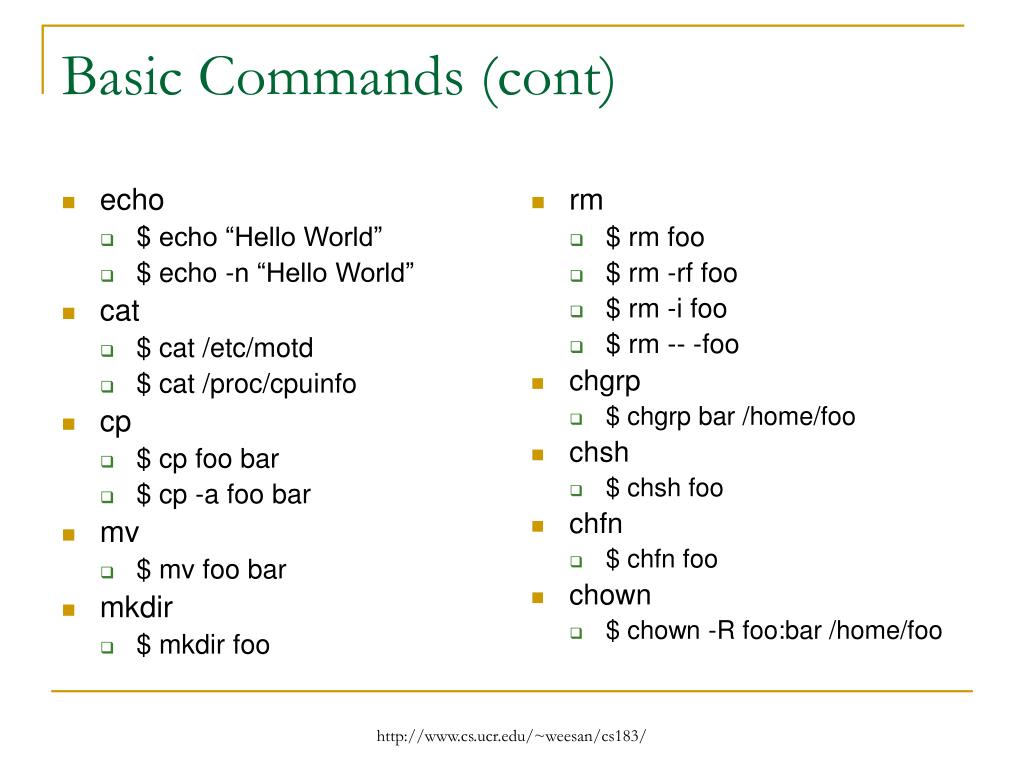
UNTAR GZIP ARCHIVE

z – tells tar that it is dealing with gzip file.Let me explain the options used in the above command to you:

The command looks something like this: tar -zcvf output_file_name directory_to_compress The good thing is that you can do both of these steps in one single command by using the z option. If you combine tar with gzip, the tar command will create one single archive file from the folder and then gzip will compress this archive file. The tar command will collate all the files into one archive file. Instead of trying to compress the folder directly, you should use tar on it first.
UNTAR GZIP HOW TO
What can you do now? How to gzip compress a file in Linux? Here’s what you can do. Interesting, isn’t it? gzip command cannot compress a directory because essentially, gzip works on individual files, not the entire folder. For more information on using the tar command, see my Linux tar command examples.How do you gzip a directory in Linux? It’s definitely not using the gzip command because if you try to compress a folder using gzip command, you’ll see this error: I hope this tar/gzip tutorial has been helpful.

Once I learned that I could tar and gzip a file with one command I stopped using this two-step process, but again, either way will work. This is a two-step process - and the way I used to do this - that works like this:Īs a practical matter you can treat a tar.gz file just like a tgz file, and extract its contents using the same command that was shown earlier: When you see this ".tar.gz" file extension, it indicates that the file has probably been tar'd first, and then gzip'd second. This command lists the contents of the archive, but does not extract the files in the archive to your filesystem.Īs you work in the Unix world you'll also run into files named with a "tar.gz" extension, like this: If this is an archive you just received from someone else, you may want to look at its contents before just extracting it to your filesystem.įortunately you can list the contents of an archive very easily, using the t option ("lisT") instead of the x argument, like this: If that previous command sounded scary, maybe it should be. This command extracts whatever was in that tar'd and gzip'd archive to your filesystem.ģ) List the contents of a tar/gzip archive To extract the contents of the archive issue a very similar command, this time using an x (for "eXtract") instead of the c argument, like this: Now imagine that you have just received a tar/gzip archive like this from someone else. When creating an archive that has been tar'd and gzip'd, this is considered a "tar tgz" file, so it's common practice to end your filename with the extension tgz (though you can call it whatever you want).Ģ) Extract the contents of a tar/gzip (tar tgz) archive

UNTAR GZIP MAC OS X
When you work on Unix, Linux, and Mac OS X systems, you'll quickly find that tools like tar and gzip are your good friends, so learning how to work with them is very important. Tar gzip FAQ: How do I work with tar archives that have been created with tar and gzip?


 0 kommentar(er)
0 kommentar(er)
